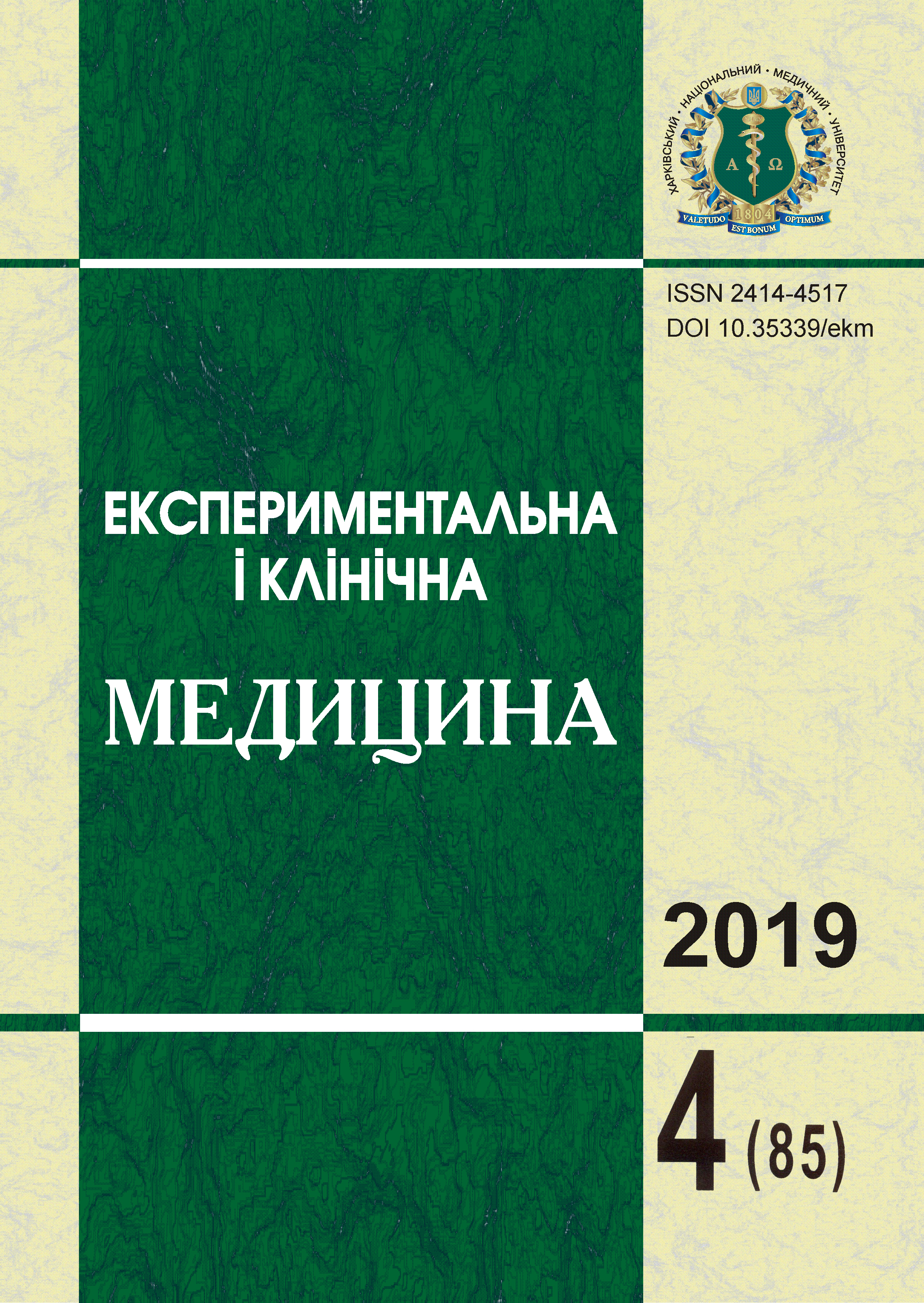Abstract
During 2016-2019, 110 members of the command staff of the Merchant Navy (KTF) and 70 commanders of the passenger fleet (KPF) were surveyed. The study included the use of clinical and psychopathological, psychodiagnostic and statistical methods. The purpose of the work is to provide structural and phenomenological characteristics of aggression and hostile reactions in the command staff of the merchant and passenger navy, as a destructive response of the individual to excessive occupational stressors, depending on the specifics of their professional activities. Design, contingent and research methods. KTF are characterized by a higher intensity of manifestations of aggression, which are expressed in them at the level of increased values, and have a higher number of people with a high level of their severity, compared with KPF, which show a medium intensity of manifestations and a higher number of people with a low level of aggressive manifestations. This is due to an increase in such components of aggression as irritation and verbal aggression, against the background of average susceptibility to physical aggression. The vast majority of commanders of both types of navy show hostility reactions of increased severity, although among the CPF the number of people with an average level is higher than among the CTF. This indicates the presence of a destructive vector of affective-behavioral response in this contingent. This is partly due to the increased sense of guilt, which is observed both in the sample as a whole and in a larger number of KPF, compared with KTF. The obtained data should be taken into account when developing specific measures of psychotherapy and psychoprophylaxis for this contingent, which is the perspective of this study.
References
McVeigh J., MacLachlan M., Vallieres F., Hyland P., Stilz R., Cox H., Fraser A. (2019). Identifying Predictors of Stress and Job Satisfaction in a Sample of Merchant Seafarers Using Structural Equation Modeling. Front Psychol., vol. 10, p. 70. doi: 10.3389/fpsyg.2019.00070.
Shafran L.M., Holikova V.V. (2014). Fizioloho-hihiienichni osoblyvosti profesiinoi diialnosti moriakiv spetsializovanoho flotu [Physiological and hygienic features of professional activity of sailors of the specialized fleet]. Ukrainskyi zhurnal z problem medytsyny pratsi - Ukrainian Journal of Occupational Medicine, vol. 3 (40), pp. 29-39 [in Ukrainian].
Shafran L.M., Golikova V.V. (2018). Seafarer's health savings competencies: goals, professional features, formation and development. Visnyk Morsʹkoyi Medytsyny - Bulletin of Marine Medicine, vol. 3 (80), pp. 4-12.
Carotenuto A., Molino I., Fasanaro A.M., Amenta F. (2012). Psychological stress in seafarers: a review. International Maritime Health, vol. 63 (4), pp. 188-194.
Jezewska M. Iversen R. (2012). Stress and fatigue at sea versus quality of life. Int Marit Health, vol. 63 (3), pp. 106-115.
Pougnet R., Pougnet L., Lodde B., Canals L., Bell S., Lucas D., Dewitte J.D. (2014). Consumption of addictive substances in mariners. Int Marit Health, vol. 65 (4), pp. 199-204.
Mellbye A., Carter T. (2017). Seafarers depression and suicide. International Maritime Health, vol. 68 (2), pp. 108-114.
Kanchika M., Iwasaki S., Konish A., Deguchi Y., Kobayashi Y., Nakada A., Inoue K. (2015). Aggression in Teachers is Related to Role Conflict and Role Ambiguity as Occupational Stress. Osaka City Med J., vol. 61 (2), pp. 93-104.
Khvan A.A., Zaitsev Yu.A., Kuznetsova Yu.A. (2008). Standartyzatsyia oprosnyka A. Bassa y A. Darky [Standardization of the questionnaire by A. Bass and A. Darka]. Psykholohycheskaia dyahnostyka - Psychological diagnosis, vol. 1, pp. 35-58 [in Russian].
Gaponov K.D. (2018). Analiz fenomeniv vorozhosti i provyny u osib z riznym rivnem psykhosotsialnoho stresu. khvorykh na alkoholnu zalezhnist [Analysis of the phenomena of hostility and guilt in people with different levels of psychosocial stress. patients with alcohol dependence]. Medytsyna sohodni i zavtra - Medicine today and tomorrow, № 4 (81), pp. 24-35 [in Ukrainian].

